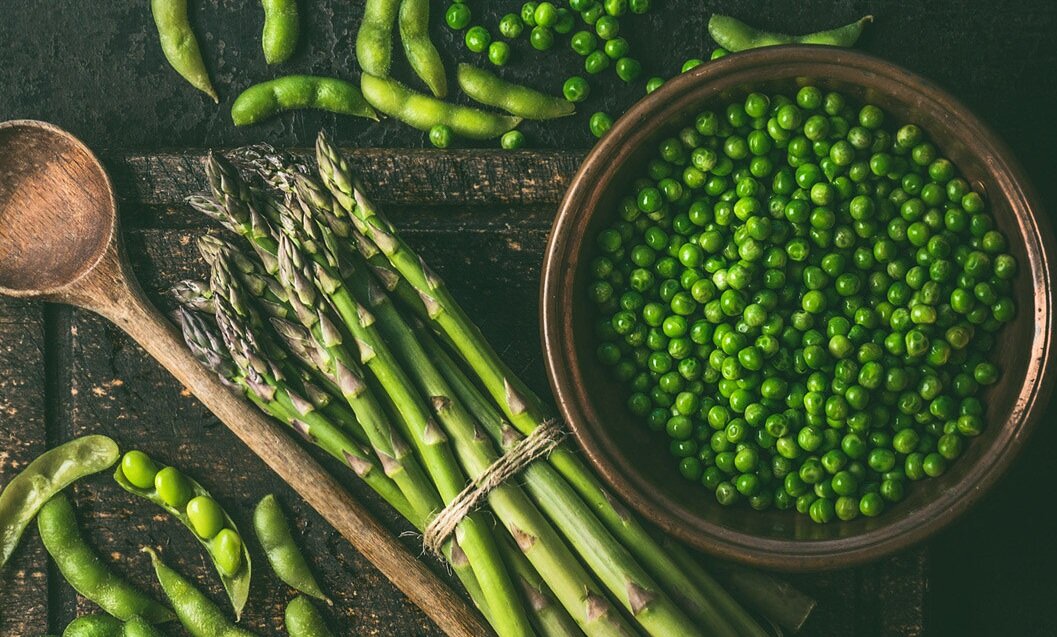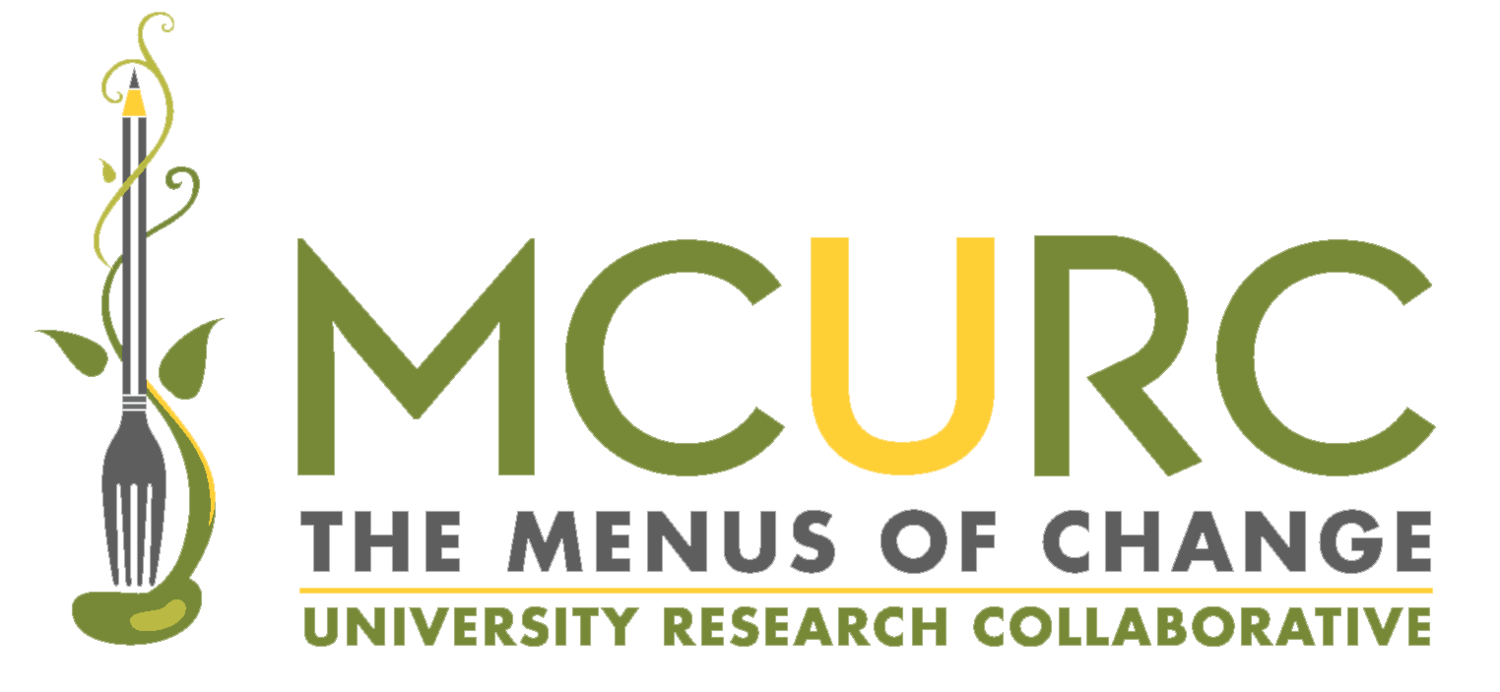
Shared History: MCURC & Cool Food
Starting in 2016, Stanford University and World Resources Institute’s Better Buying Lab – an ideas incubator that brought together food providers and behavior change experts that would eventually lead to the Cool Food initiative – teamed up to identify best-in-class strategies to help food providers tackle their food-related emissions.
As the co-founder of the Menus of Change University Research Collaborative (MCURC), R&DE Stanford Dining was early to recognize the power of leveraging campus dining to create change in food systems. Inspired by an article in the Stanford Social Innovation Review describing the framework of Collective Impact, leaders at the MCURC wondered if they might apply that framework to drive purchasing shifts toward lower-emissions foods across the MCURC network. At the same time, WRI was working on how to create purchasing shifts across the food service sector, and began researching the environmental targets and metrics that could be used to set the right level of ambition and track progress. WRI developed a tool to measure greenhouse gas emissions related to food purchases, which would eventually become the Cool Food Calculator.
WRI and MCURC partnered during 2017 and 2018 to pilot test the annual food purchase data collection process and the prototype emissions calculator with MCURC’s growing network of member institutions. This partnership and the pilot test led MCURC to establish the Collective Impact Initiative as a permanent workstream within MCURC. WRI launched the Cool Food Pledge in 2019, and both organizations set a collective, science-based target to reduce food-related emissions by 25% by 2030.
WRI provided subject matter expertise on selecting emission factors, calculation approaches, and target-setting. MCURC provided a wealth of food purchasing data, stakeholder buy-in across pilot institutions, and demonstrated initial proof of concept for the data collection and for the emissions calculation approach that is now used by both initiatives.
Each initiative provides unique insights and value to participating organizations, and we continue to align on opportunities to advance research and networking among members. These two initiatives have gained considerable momentum since their early days, made demonstrable progress to reduce the climate impact of the food their members serve, and now encompass more than 100 institutions dedicated to advancing delicious climate action.
